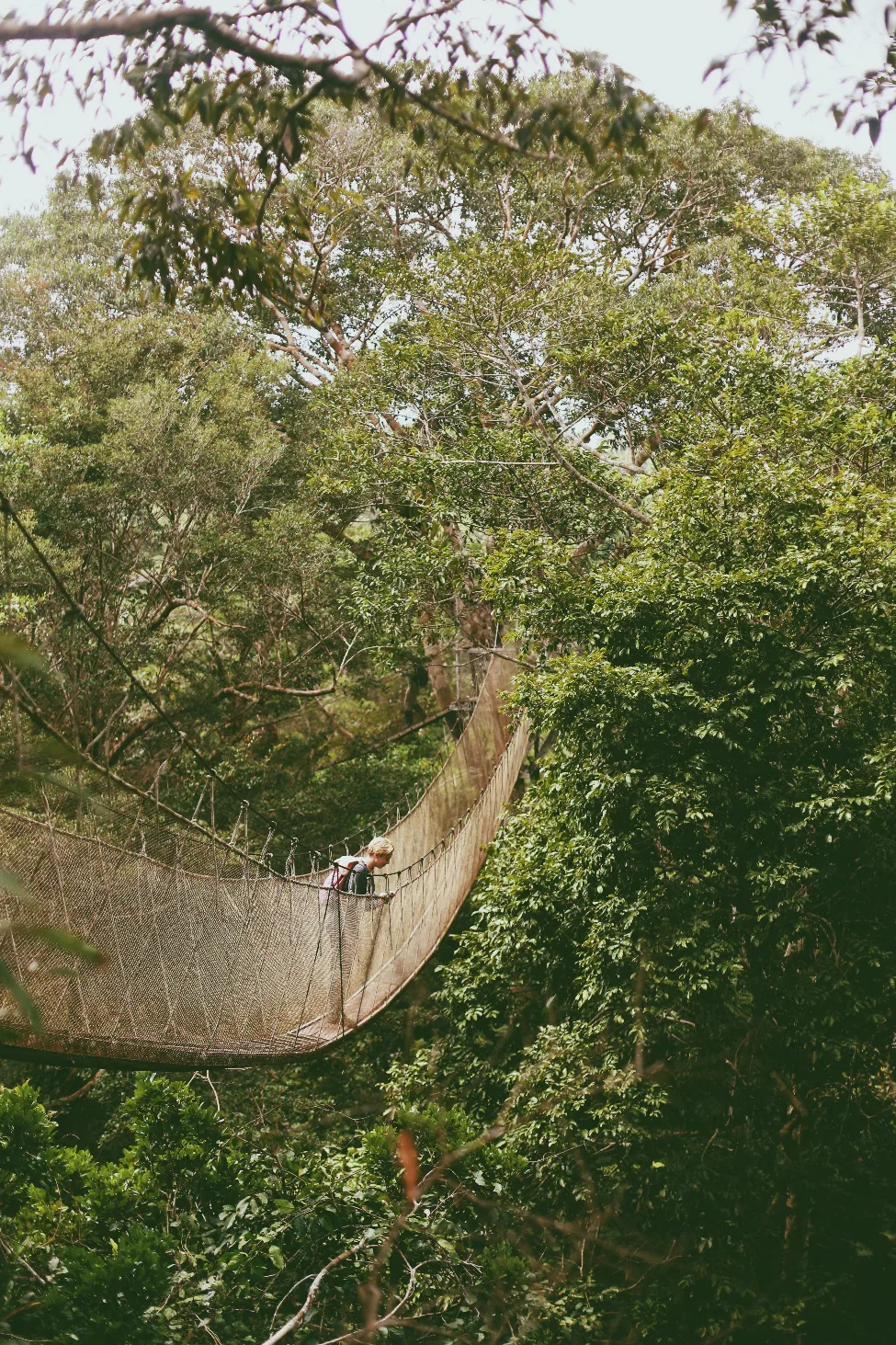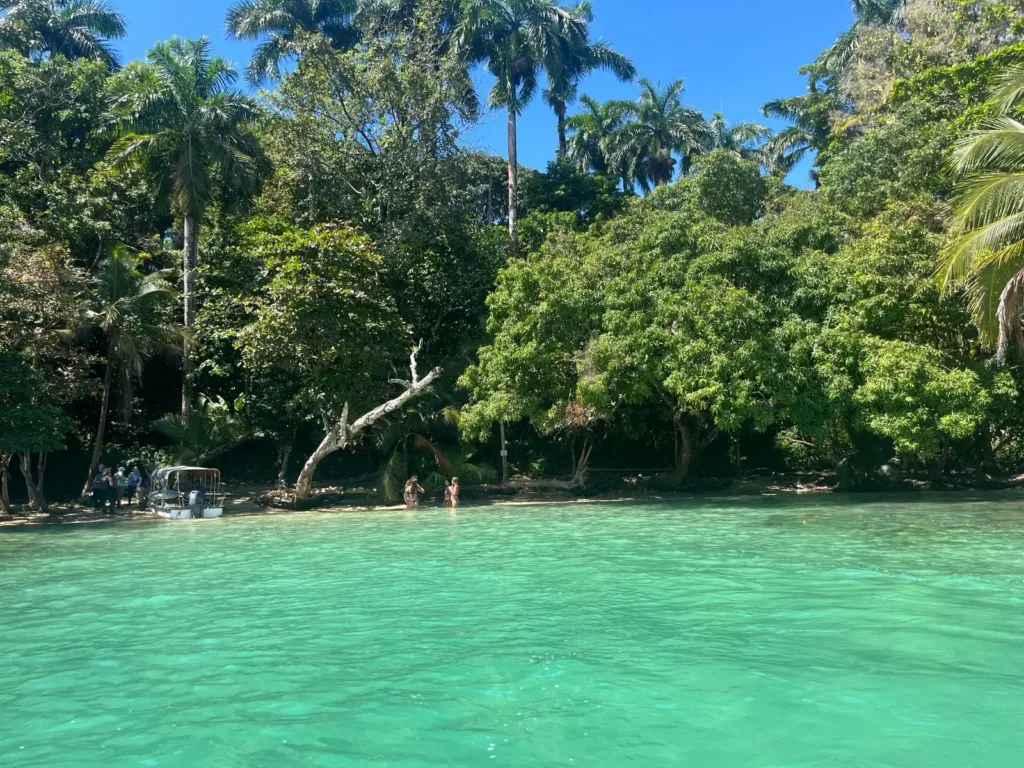Reflecting on Directed Research

I have worked in research labs and worked on my own research in college, but I’ve never had very good experiences with it. In theory I love scientific research, but the labs I have worked in have been either too structured—I mostly served as a clueless button-pusher for my professor’s research—or not guided enough, where I felt like I was floundering without any assistance from my professor. But I probably want a career in science, so I had high hopes going into Directed Research class with SFS. All in all, though the experience wasn’t perfect, I can say that it was pretty much everything I hoped it would be, and I feel so much more confident in my skills and career as a scientist as a result.
What stood out about DR was that from project proposals, to field work, to data analysis, to ultimately writing our final paper, I always felt like I knew exactly what I was doing and why. This understanding gave me control over my own project and fostered a sense of independence and my own competence. I think much of this can be attributed to Dr. Laura Morales, who was a truly stellar research advisor. Laura set intermediate deadlines to keep us on track, as well as frequently checked in on us to make sure we were doing okay. More importantly, she cleared her schedule and was incredibly available to each and every member of her group, ready to explain, brainstorm, troubleshoot, or generally help out at all hours of the day. I did not expect this level of support, and it created the best possible research experience for me.
My and my partner’s project was a comprehensive soil analysis of the Center for Amazon Studies property, and I used the data we collected to generate soil maps of the area while my partner Hannah compared and drew conclusions about the impacts of differing land use on soil health. Data collection in the field began on the very first day of DR, and we went into the field for 3-6 hours every single day for a week, then processed and analyzed the samples we collected for around six hours a day for a week and a half, and then had one more week to analyze all our data, write our paper, make our presentation, and perfect everything. Honestly, just the first week of field work felt like 2 or 3 weeks based on the physical toll—I was really feeling it by the end of it. Data analysis also took a very long time for our project specifically, leaving little time to analyze a lot of results and write a great paper. By the last few days, the stress was intense.
After all that stress and hard work, though, I was extremely proud of Hannah and myself and everything we accomplished. We achieved the goals we set out to in the beginning (at least what was reasonable within the parameters of the rainy season), obtained interesting and useful results, and laid out thoughtful implications and suggestions for future work. I always struggle a lot while writing Discussion sections, but this one practically wrote itself. Again, that was the result of both a more intimate understanding of my project than I’ve experienced doing research, and constant conversations with and feedback from Laura. I also believe that our work, results, and maps have laid the groundwork for countless future projects at the Center for Amazon Studies, and it’s wonderful to know that our work will have a real impact for SFS students to come.
The most important thing I learned from this experience is that I do love doing scientific research. It was exhausting, and fast, but I absolutely loved the process. From choosing and fleshing out the idea of the project, to the (really fun!) collection of samples in the field in those long days, to the painstaking processing of our soil to collect our data, to ultimately analyzing all that data and producing a final paper I was proud of—I loved it. If the intention of DR was to give us the scientific research experience from start to finish, to help us assess whether this is the life for us, I now feel much more confident that it is—and I am very grateful for that.
Related Posts



